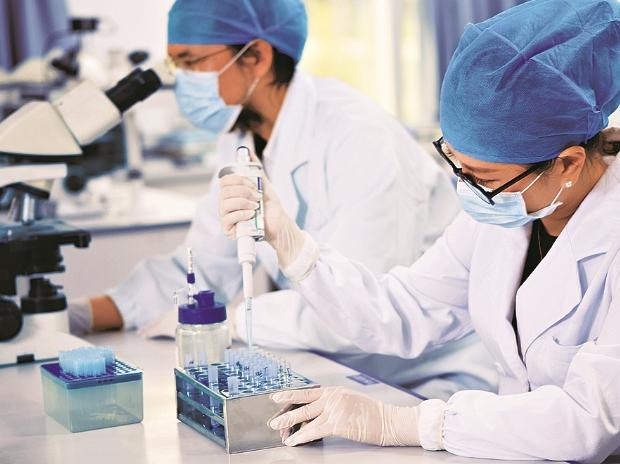‘What you don’t want to do is use therapy where it brings no value to patients, adds to cost and doesn’t lead to better results,’ said Joseph Alvarnas, a hematologist oncologist at City of Hope in Dua
Health News: Shahzad Bhat, 53, was working at the MGM Mansion in Las Vegas when his doctor gave him three months to live in October 2017. There were no more treatments available for his aggressive form of lymphoma.
Like some of the elite gamblers who stayed at the casino, Bhat got lucky. A day before his appointment, an experimental cancer drug from Gilead Sciences Inc. had been approved in the U.S. Bhat become one of the first people to get the breakthrough therapy, Yescarta, after its approval, and his cancer went in remission quickly.“It was a miracle,” said his wife, Nicole Bhat. “He was feeling fantastic. Thirty days out and we got a renewal on life.”
It didn’t last. About six months later, the cancer known as diffuse large B cell lymphoma was back. Doctors and scientific researchers now are grappling with how they should treat patients like Bhat, who relapsed after getting promising therapies known as CAR-Ts. A study presented at the American Society of Hematology meeting in San Diego this weekend showed that 61 percent of patients who underwent the novel treatment weren’t cancer-free two years later.



No comments:
Post a Comment